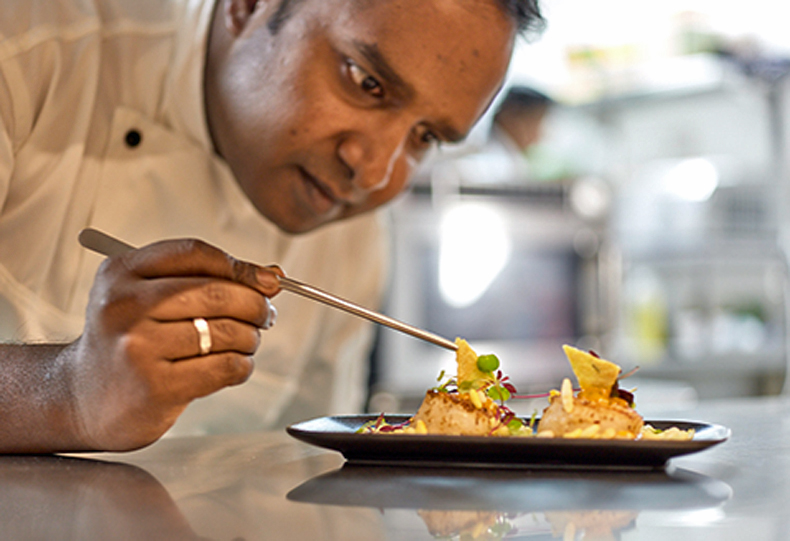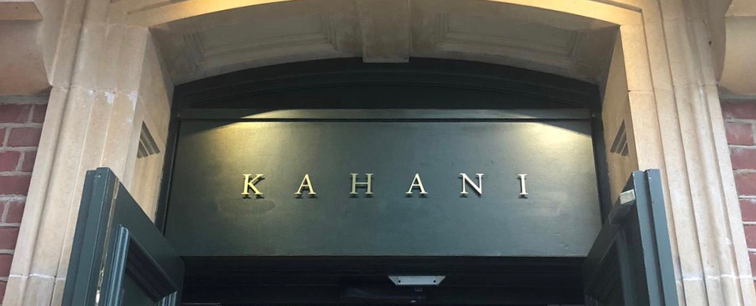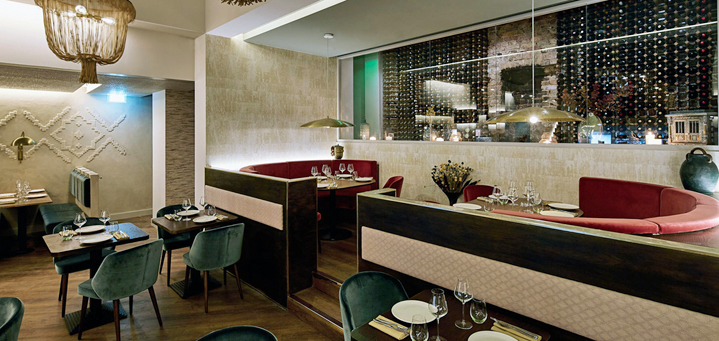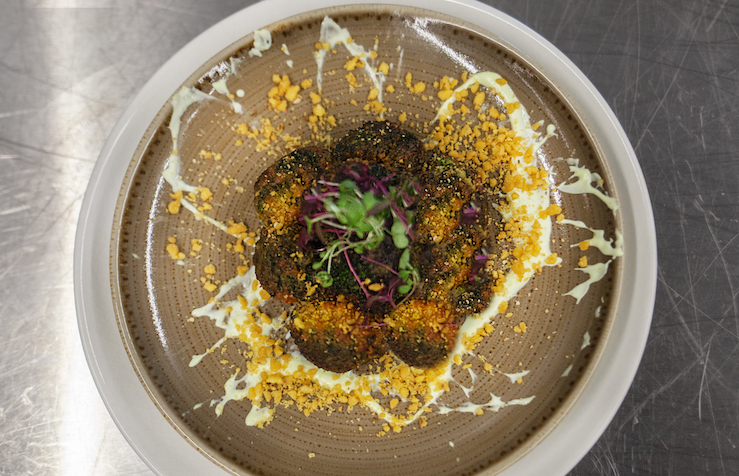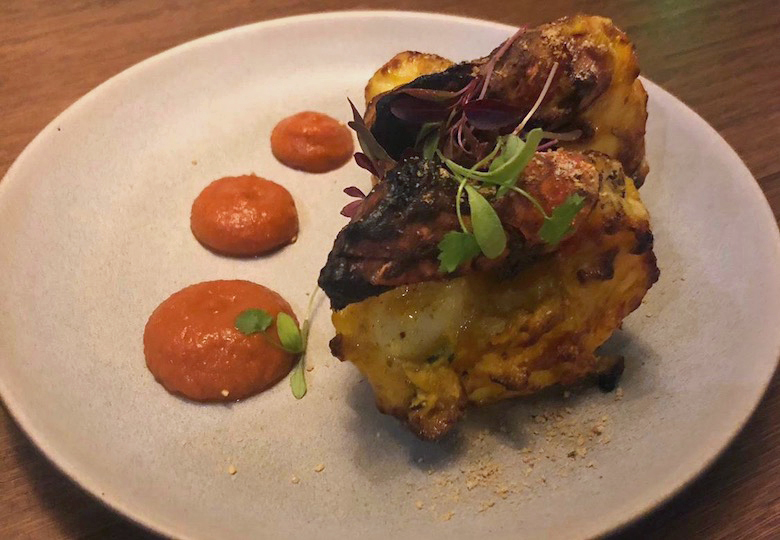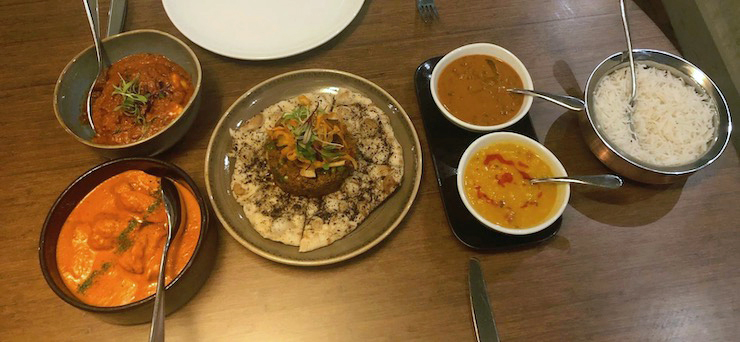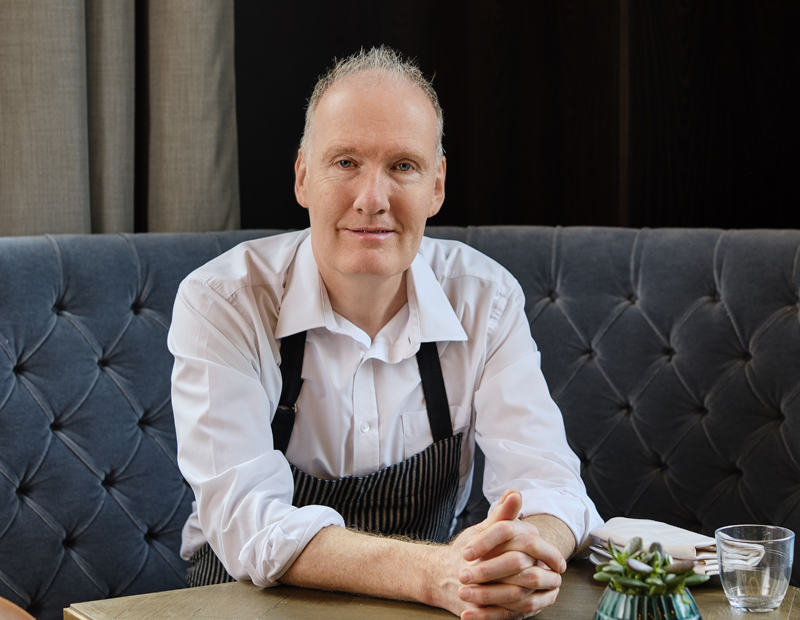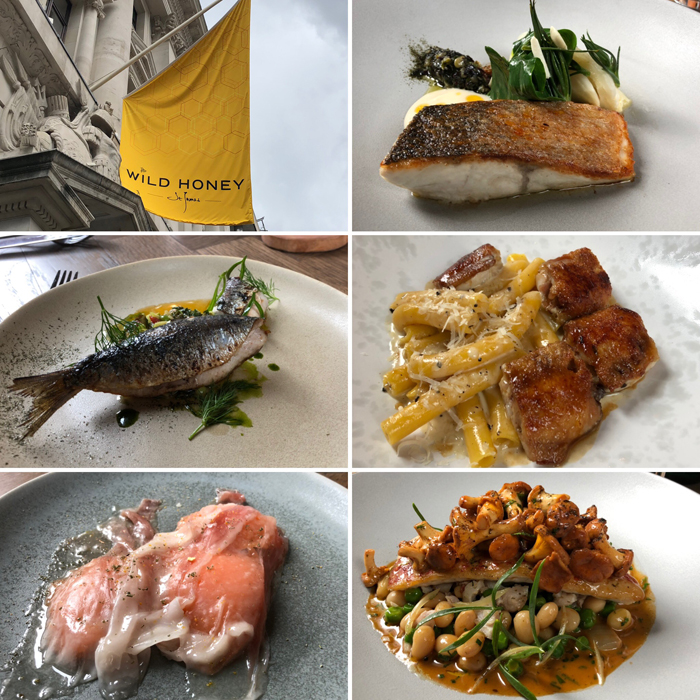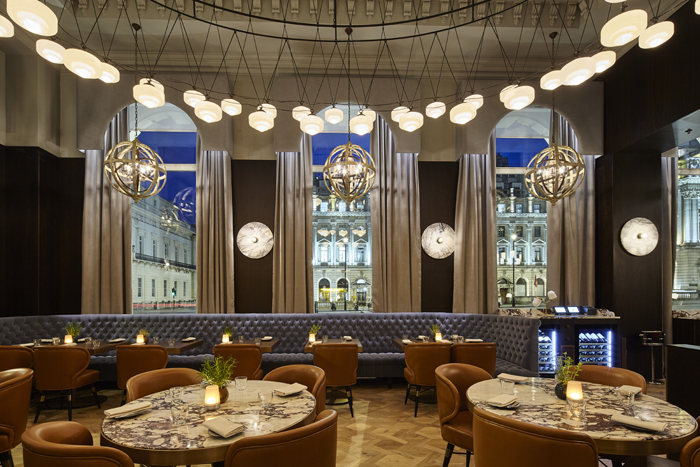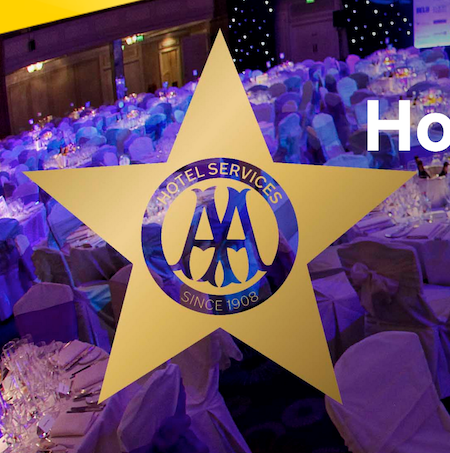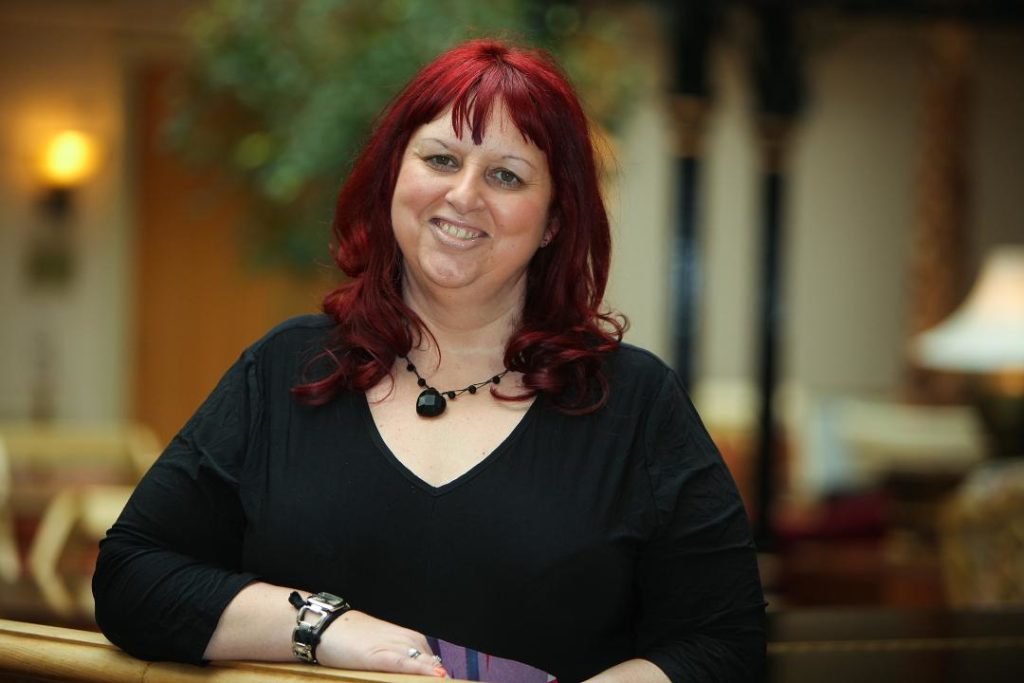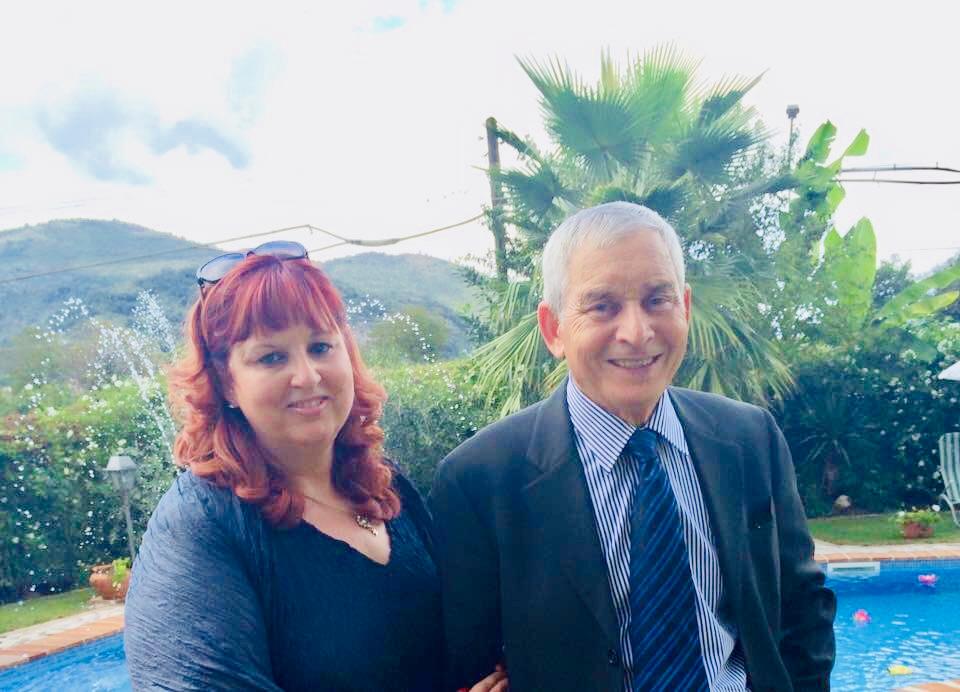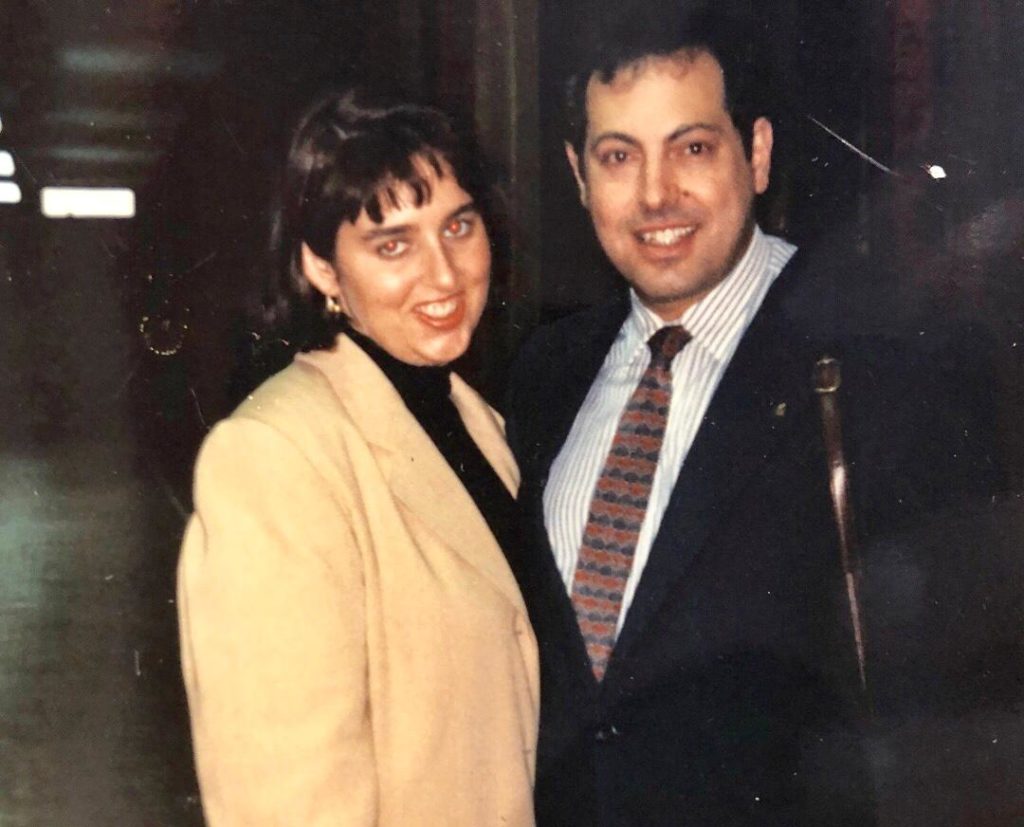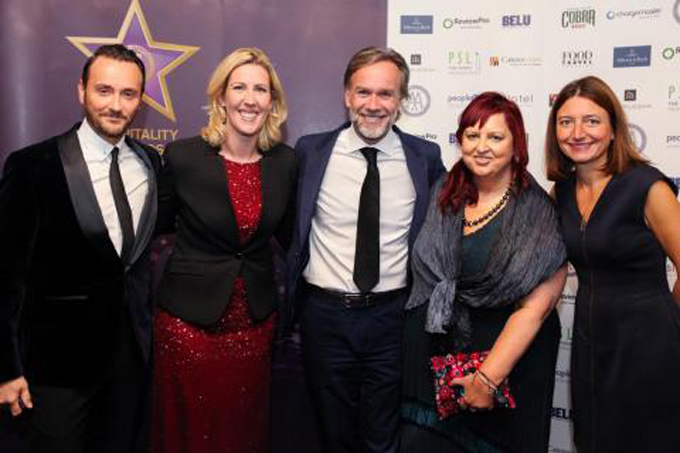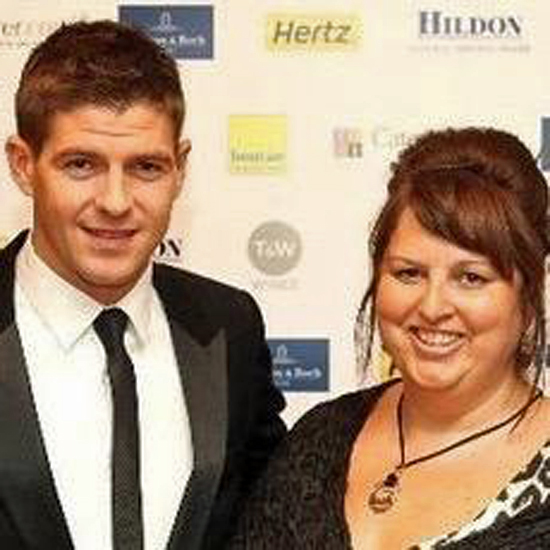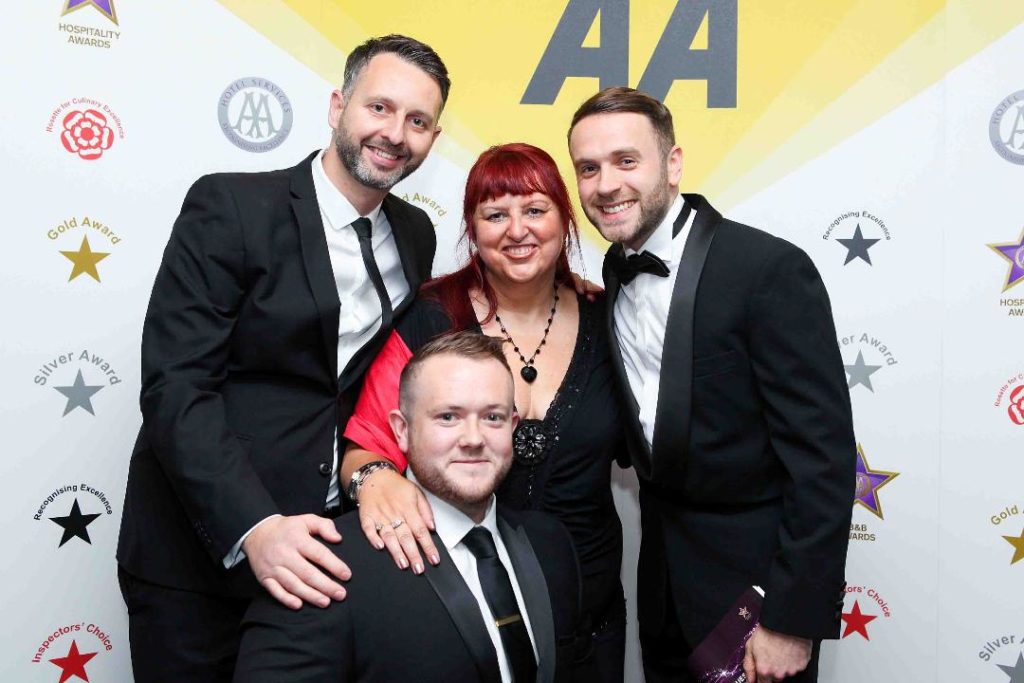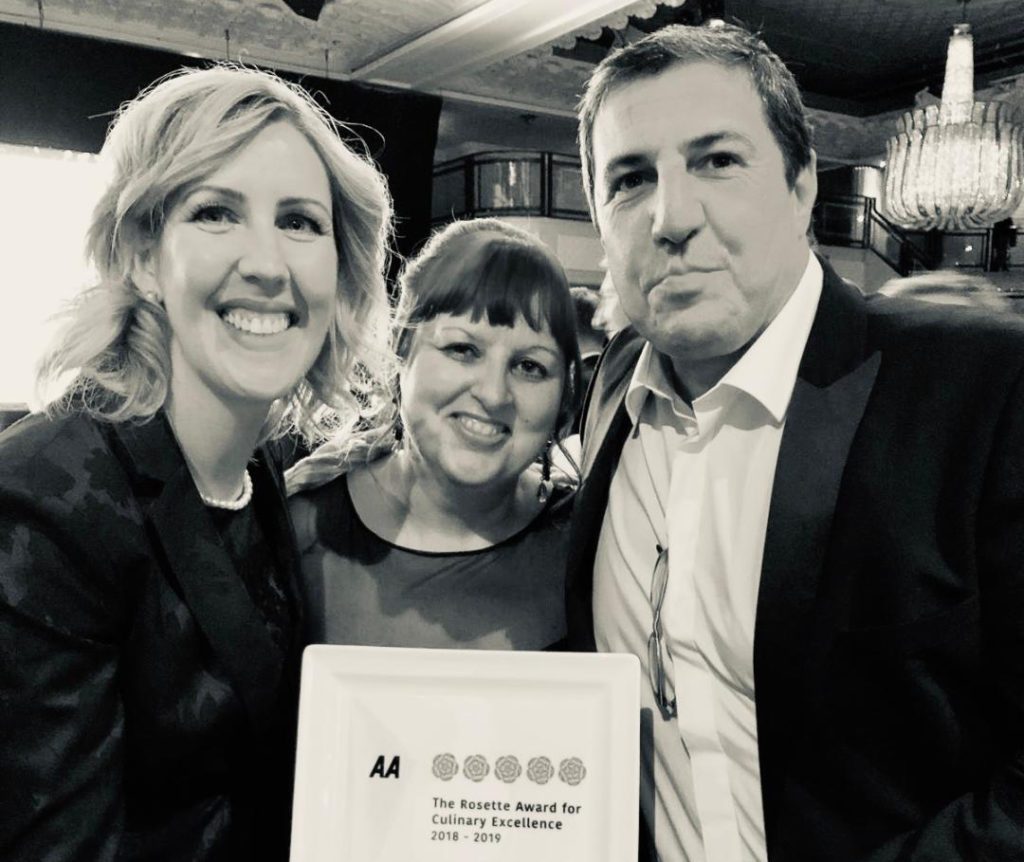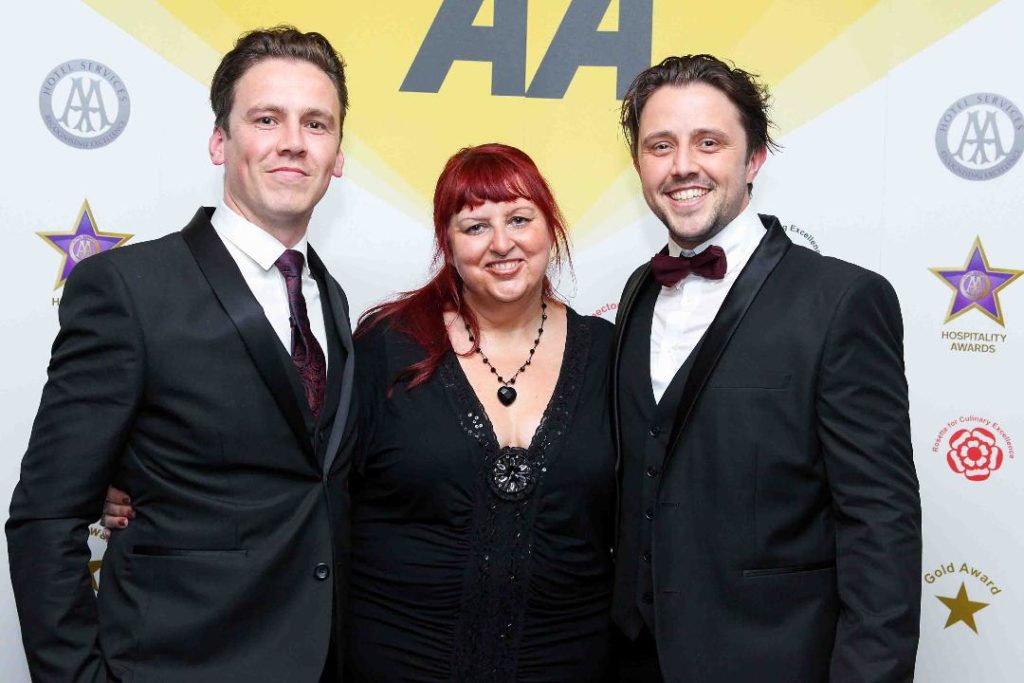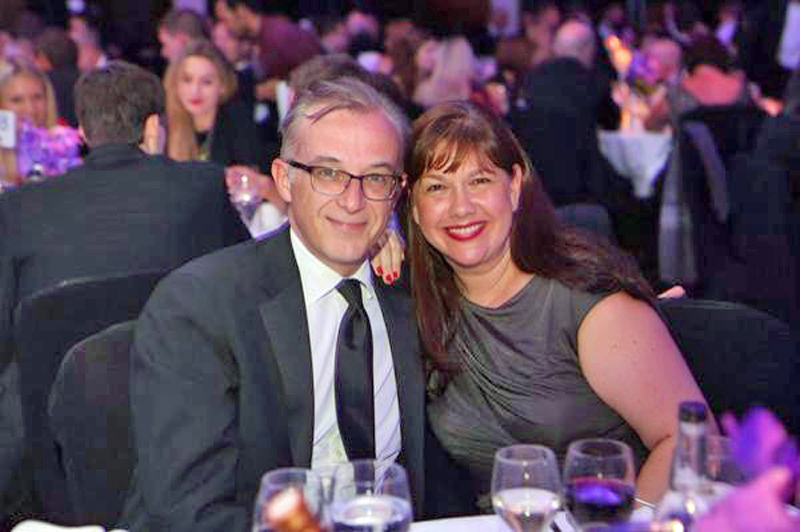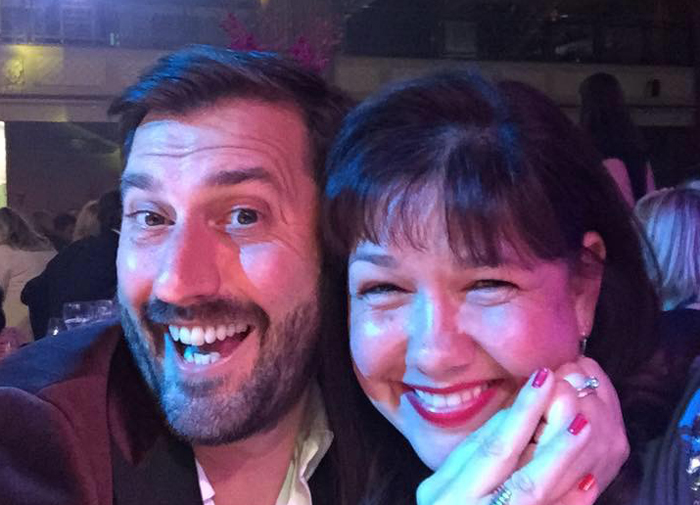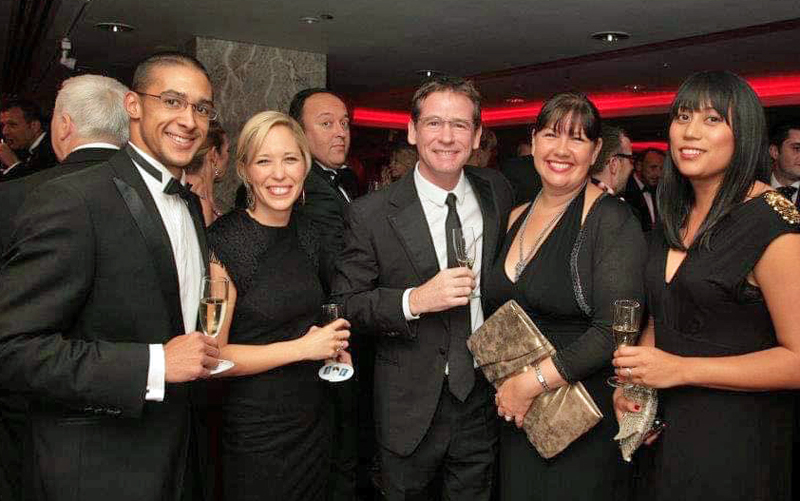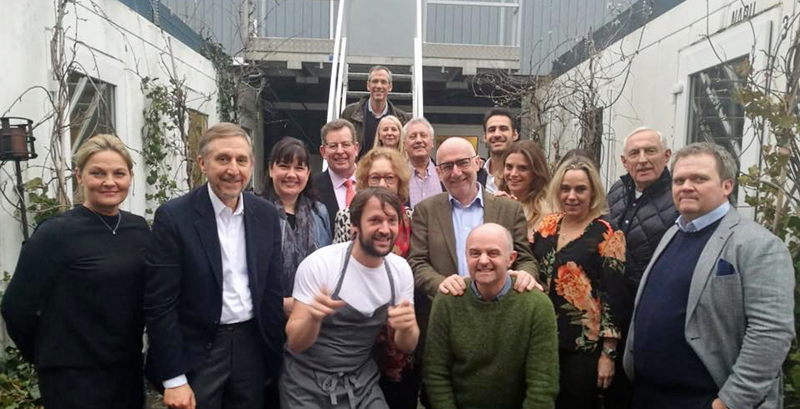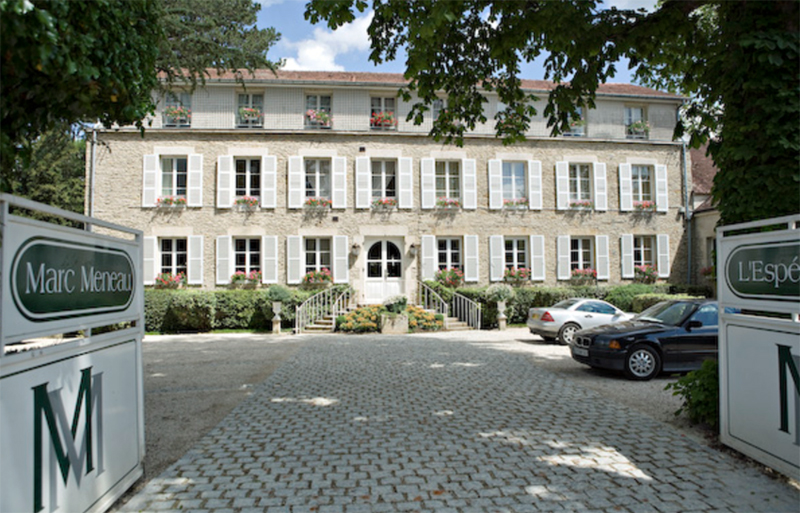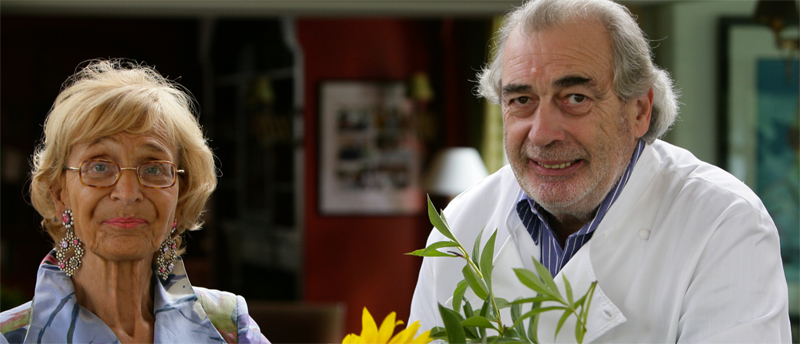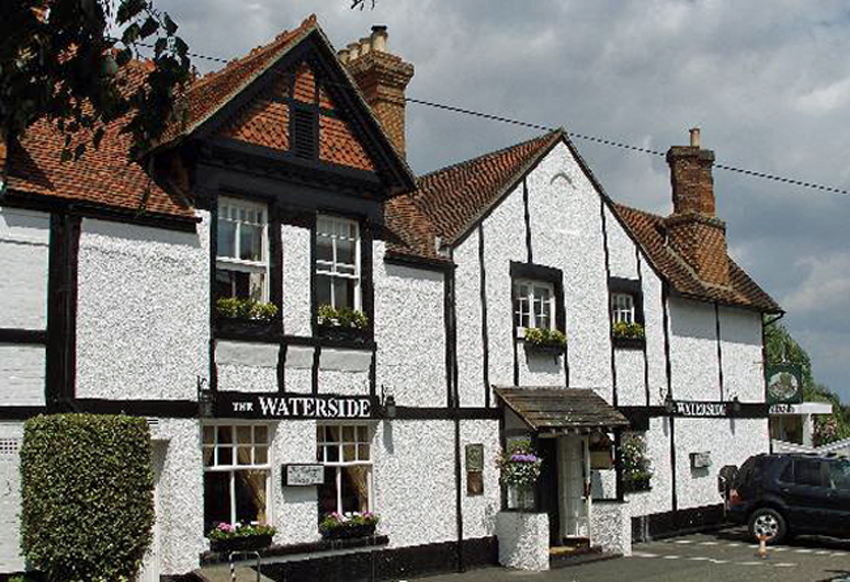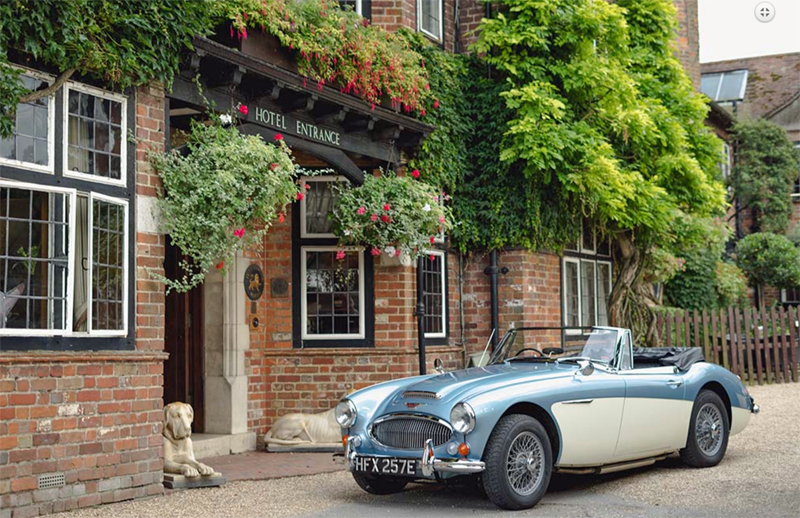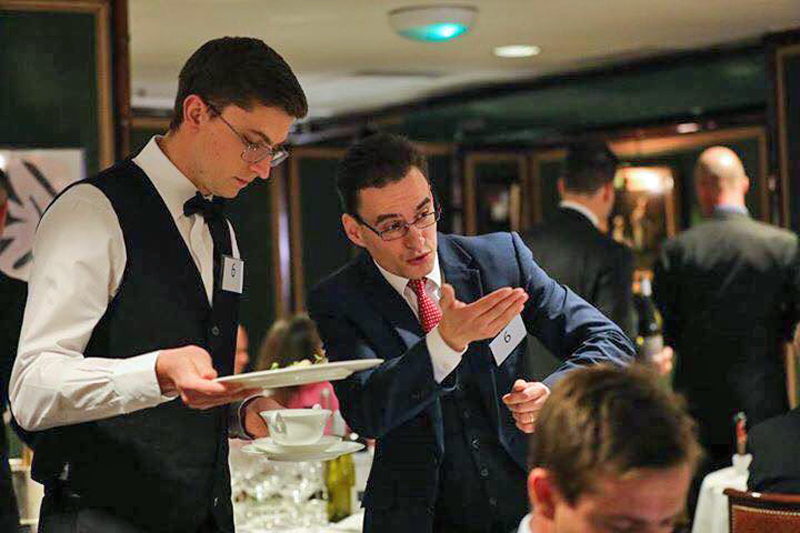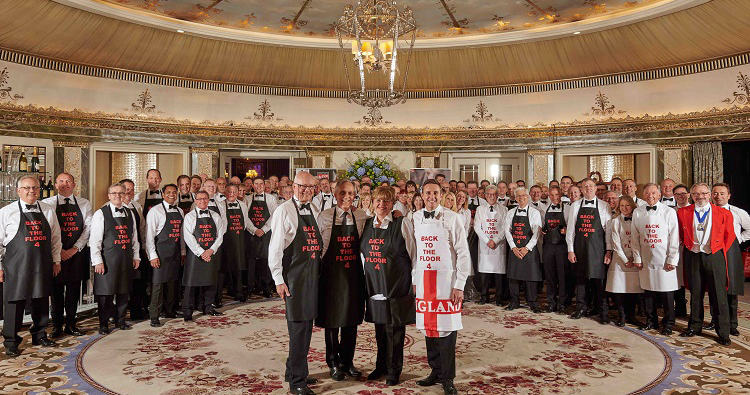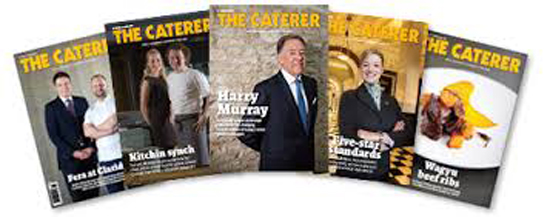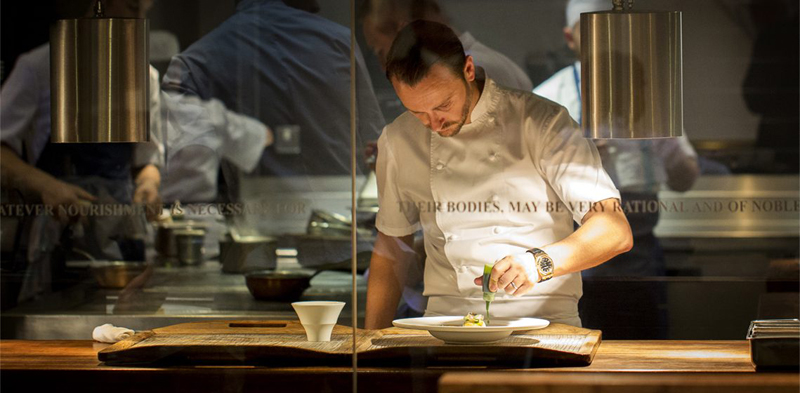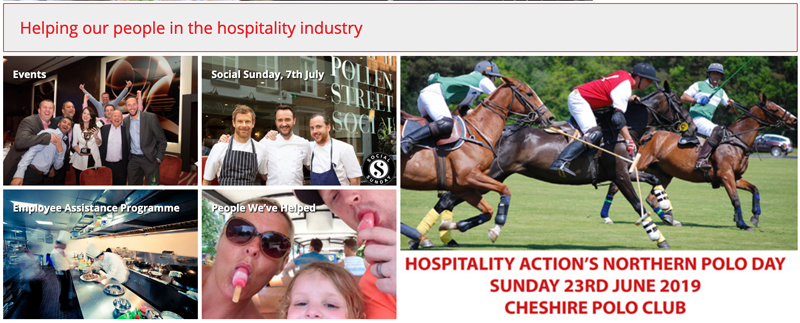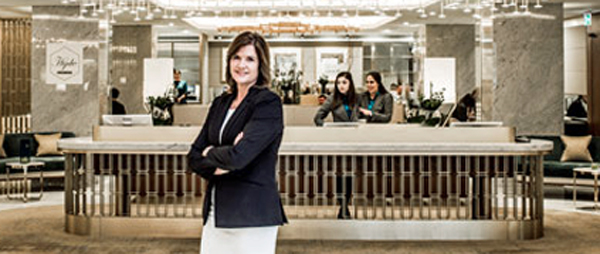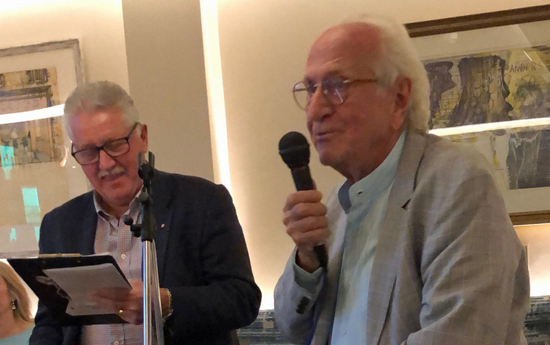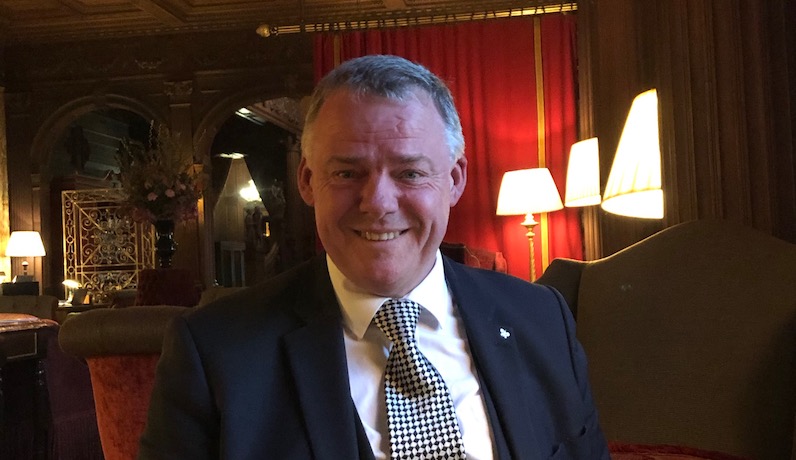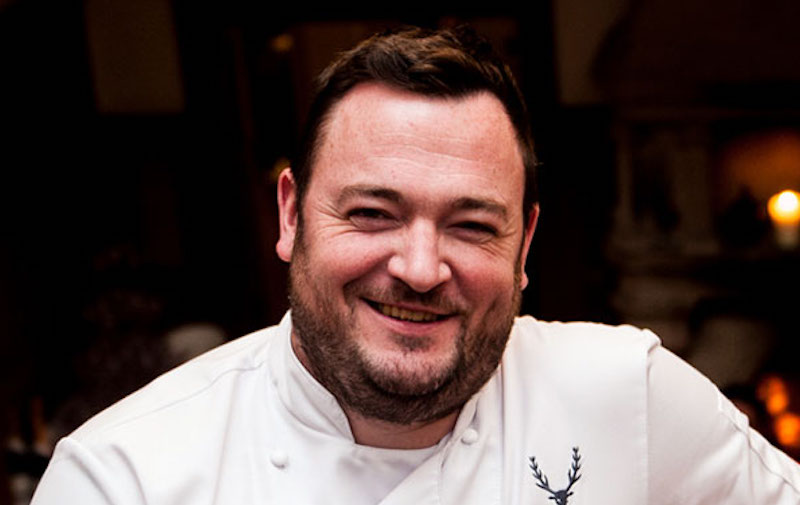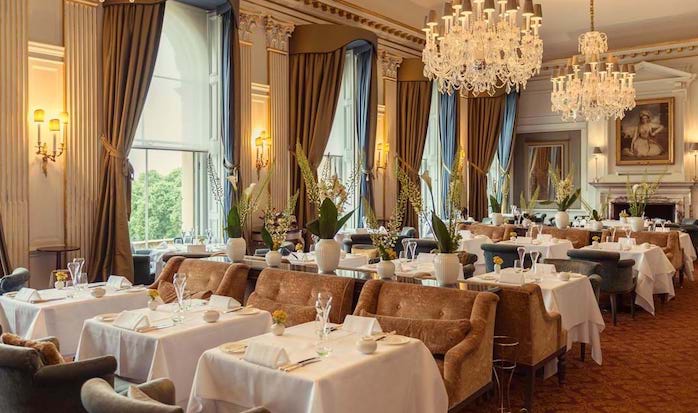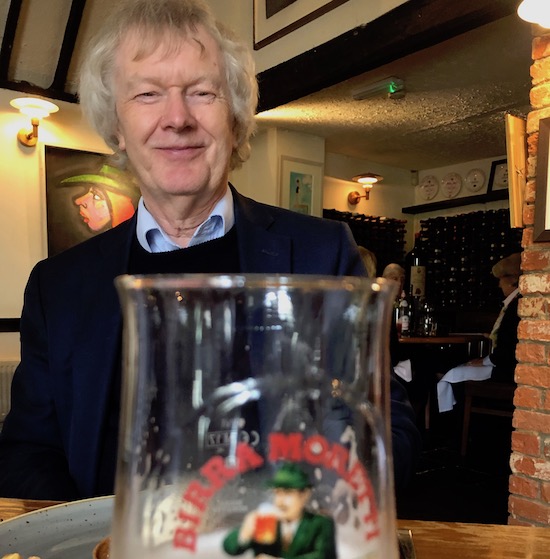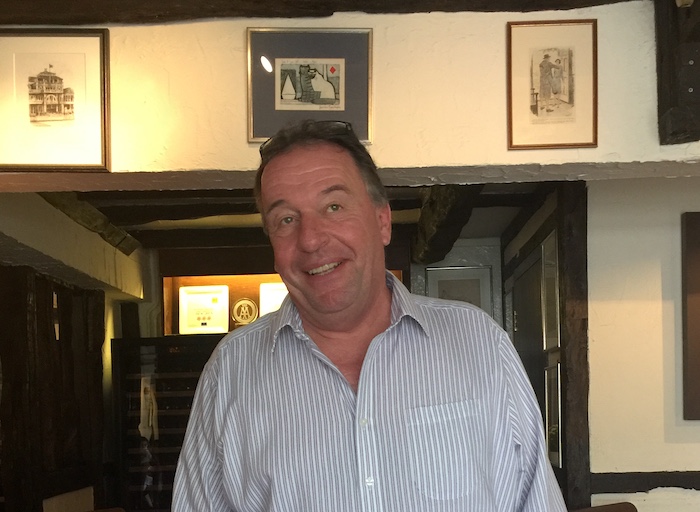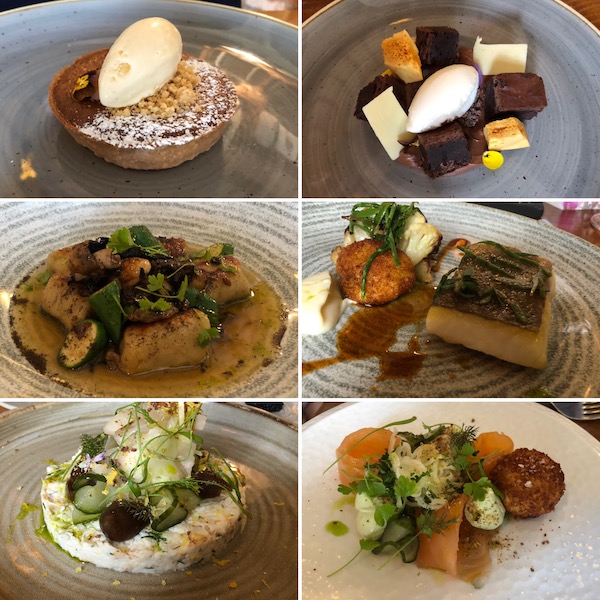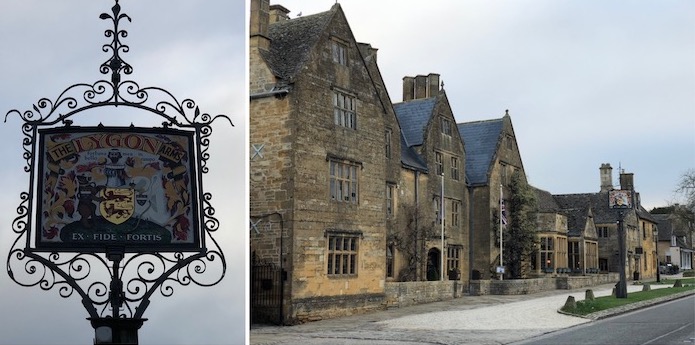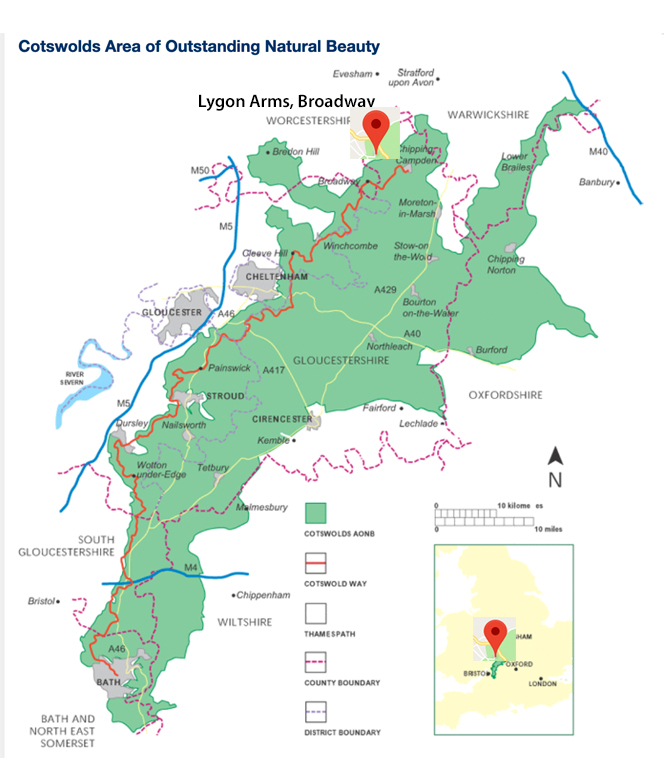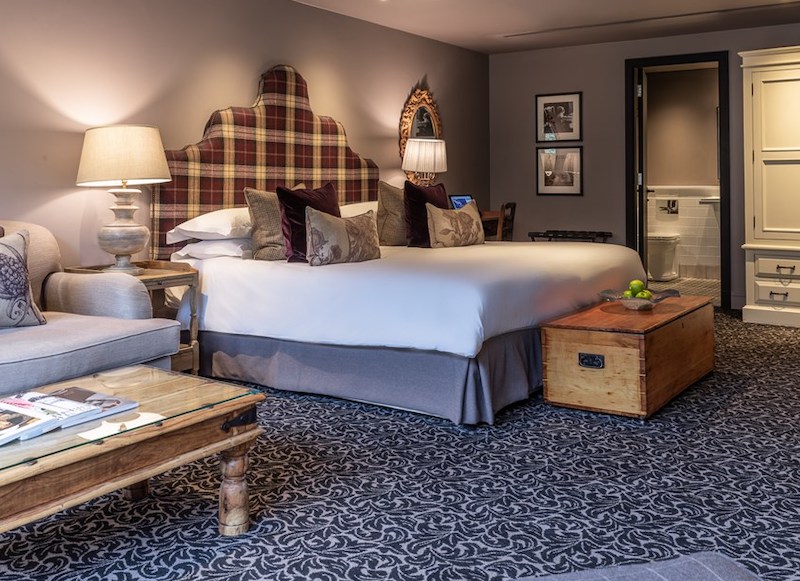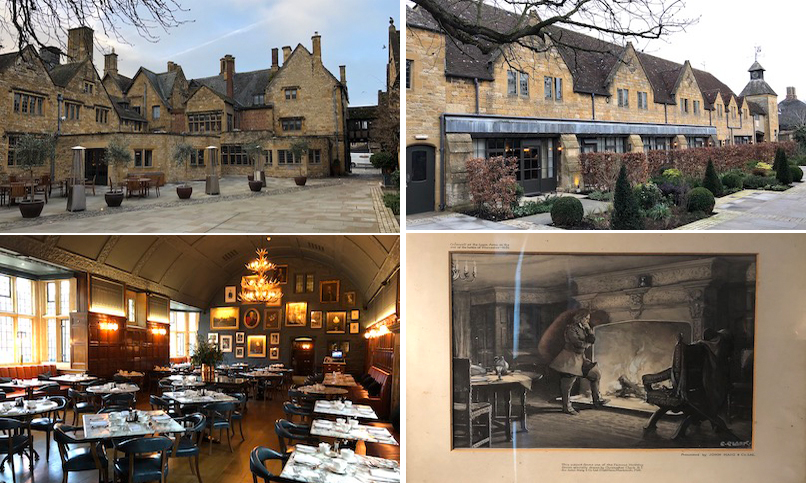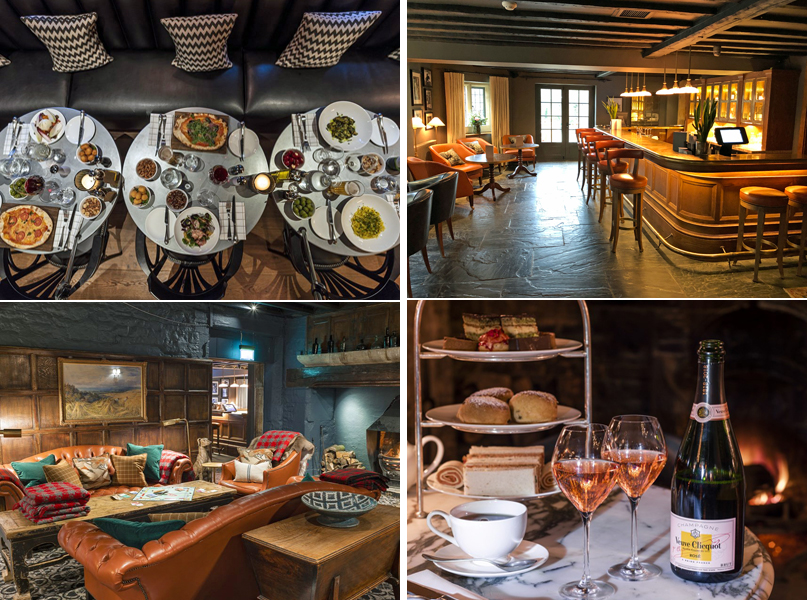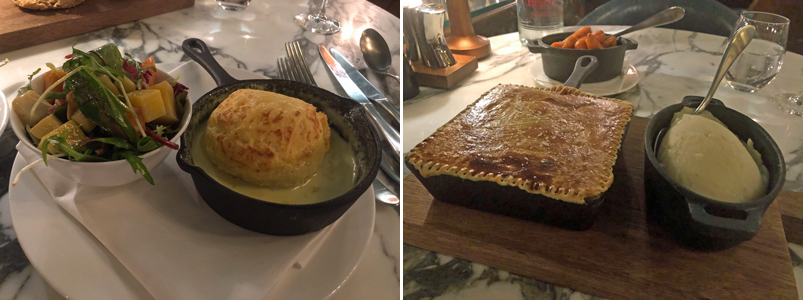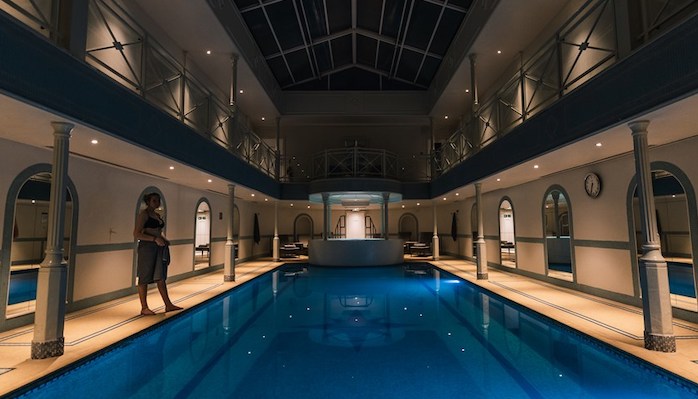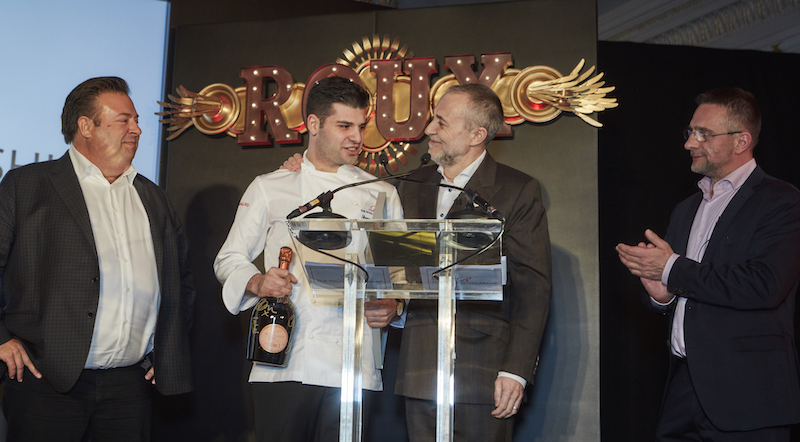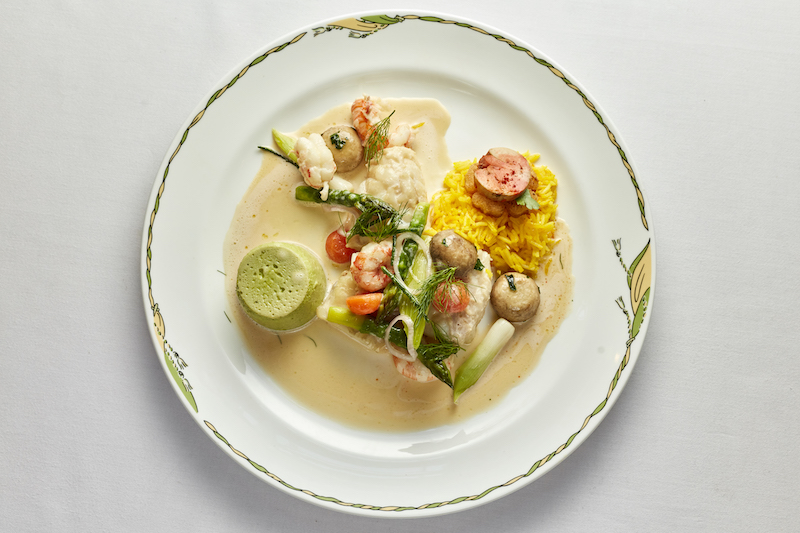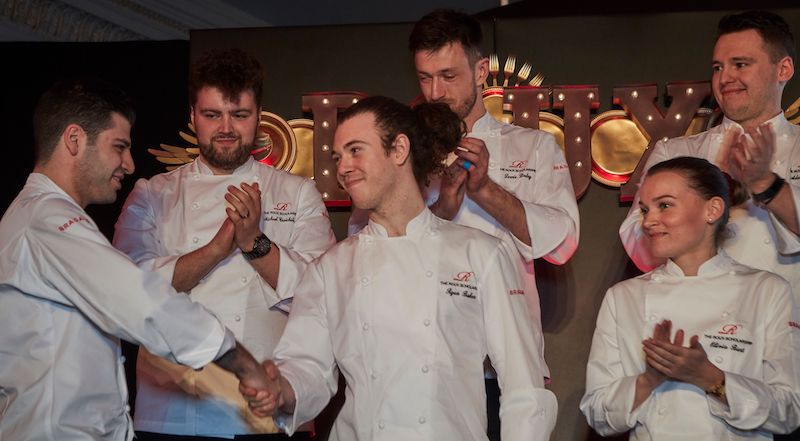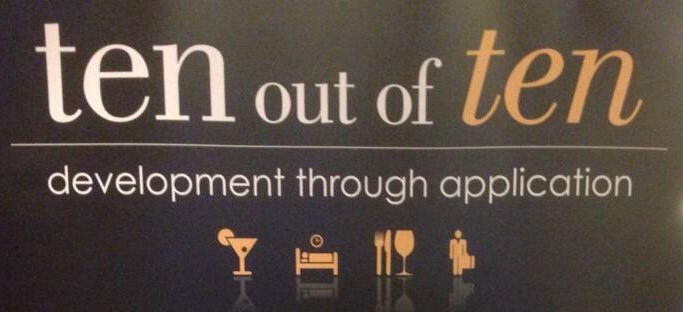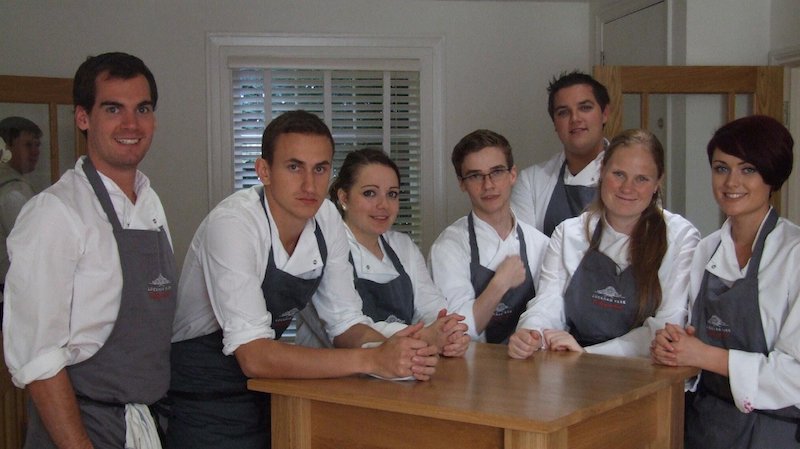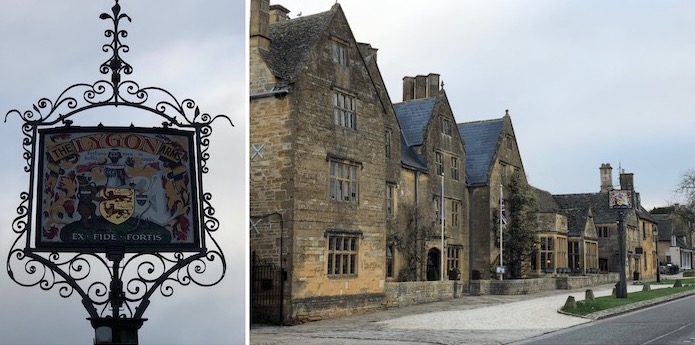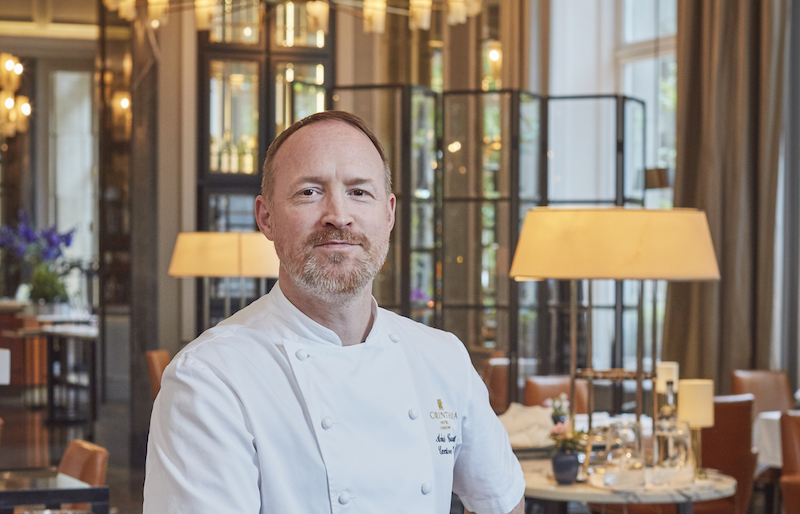
[Above: André Garrett, Executive Chef, Corinthia London]
Since January 2019, André Garrett has been settling into his new role as Executive Chef of the 280 bedrooms Corinthia London Hotel, which is situated just off Embankment in the heart of London. The hotel epitomises definitions of modern luxury in every aspect, while at the same time maintaining a sense of accessibility and lightness of touch, traits which are much in line with the natural requirements of the day and likewise happily complemented by the food offerings of their new Executive Chef.
André previously honed his skills, most recently, as Executive Chef at Cliveden House, having also worked with Nico Ladenis, Bruno Loubet, Guy Savoy (post Roux Scholarship win) and the Galvin Brothers. With natural charm and humility in equal measures, André is proud to have been inspired by his grandmother, who once worked in the Pump Room restaurant in his hometown of Bath. As the 1980’s drew to a close, André was qualifying from City of Bath College and taking a position as commis chef at Hunstrete House Hotel. With a natural inkling towards long stays, partly through loyalty and partly through a desire to see a job through, André’s subsequent curriculum vitae displays strong foundations at every turn.
After those initial three years, André moved to London as commis chef to Nico Ladenis at Simply Nico, before rising to Chef de Partie at Nico Central. He then achieved the same at the three Michelin starred Chez Nico at ninety Park Lane (1992-1994). To further round his experience, André spent two years with Bruno Loubet at Bistrot Bruno, before returning to Nico Ladenis as head chef of Nico Central.
The next major step in his career was joining the Galvin brothers from 2000 until 2013 where André was to hold various positions within the Galvin Group. From 2002 to 2006 André was Head Chef at Orrery and from 2006 to 2013 Head Chef at Galvin at Windows. These restaurants respectively retained and gained a Michelin star. He then opened Restaurant André Garrett at Cliveden House, which proved a great success, gaining early accolades such as Best Newcomer from the likes of The Waitrose Good Food Guide.
With natural self-effacing modesty, André would credit a continual desire to self-improve, while at the same time helping the next generation to grow and succeed as keys to bringing him career satisfaction. He has sat on the board of the Academy of Culinary Arts, having received a Master of the Culinary Arts (MCA) in 2005. He is also patently humbled and proud of what he describes as the honour of the increasing leadership, mentoring and judging roles held at the prestigious Roux Scholarship. The extended Roux family have clearly welcomed André with open arms since he became a Scholar in 2002 – an immediate prize of which was the opportunity to spend time in the kitchen of Guy Savoy – the subsequent bond has continuously strengthened, which is testament to both his ability and character. In 2007, André was selected to represent his country at the Bocuse d’Or, arguably the world’s most recognised and prestigious international chef competition. With an on-going thirst for knowledge, André has also successfully completed a Level 5 management and leadership diploma.
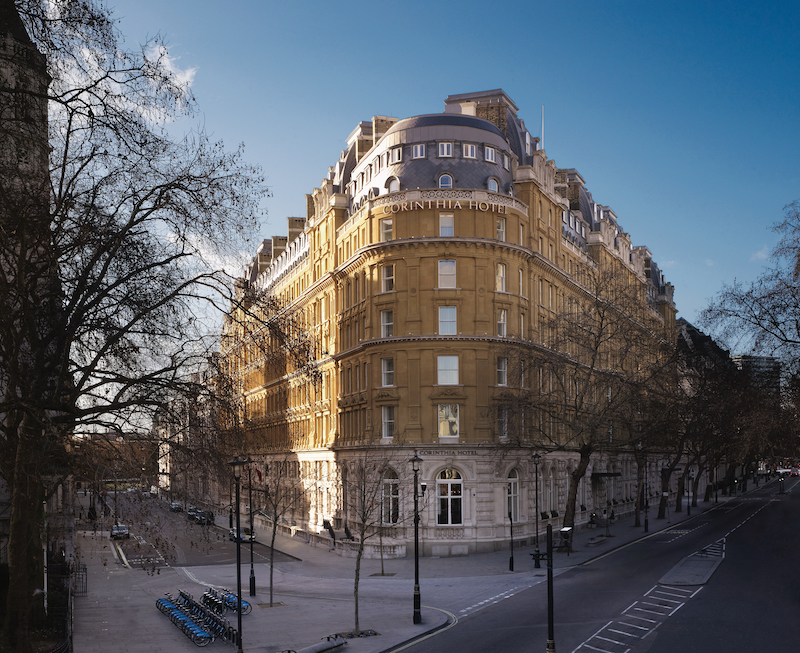
[Above: Corinthia London]
The current role at The Corinthia London Hotel takes on board responsibility for the breadth of F&B, which at 280 bedrooms, perhaps makes it the largest of the roles held by Executive Chefs in London’s set of the elite, top end luxury hotels. Covering The Northall restaurant, room service and in room dining, events, conferencing and banqueting (two rooms, one sits 180 and the other 80), a mezzanine floor for private dining and meetings, two all day dining lounges and a beautiful afternoon tea offering. André is delighted to have an Executive Sous Chef who operationally oversees F&B to ensure the smooth running of each of the cogs in the wheel of the hotel offerings. Ioannis Polychronakis has previously held positions such as Executive Sous at The Connaught, senior sous chef at Jumeira Carlton Tower, and senior chef de partie at The Square, which have collectively rounded his experience in both luxury hotel F&B as well as high performance independent restaurants.
Dominic South is the head chef of The Northall, having previously worked in luxury hotels in Hong Kong as well as independent restaurants such as Hibiscus, Tom Aikens Group, One Aldwych and Nobu in the UK. Dominic will drive the development of the market menu, which changes monthly and is seasonal. André oversees the creative process to evolve and develop the a la carte menu with Dominic’s input. The style of cuisine is continuously evolving along side André’s signature, “there’s more flexibility given a London clientele and a cosmopolitan feel to the signature of the house,” André observes. Provenance wise he finds there’s so much to tap into in the capital, with an audience to match. Suppliers from his Galvin and Cliveden Days have complemented a rich roster of producers and suppliers on the books of the Corinthia London Hotel.
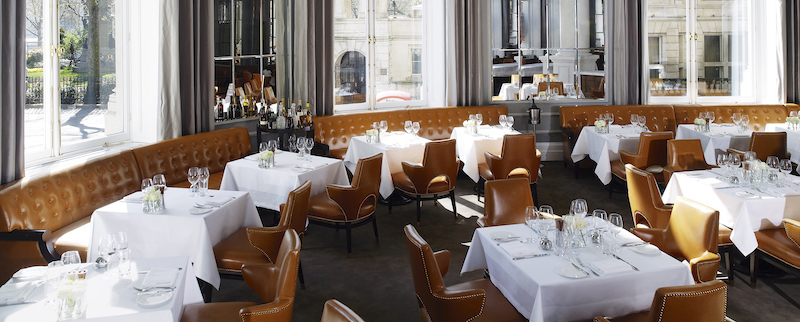
[Above: The light and airy Northall Restaurant, Corinthia London]
The Northall lunch times see a significant business trade where the customers will look for one or two courses from the market menu with ultra seasonal, lightness of touch and precisely cooked food. Dinner times perhaps tap more into the resident based audience, while there is scope to cater for the likes of pre-theatre diners with the lunch menu for early sitting dinner from 5.30pm, an offering which gets The Northall dining room and bar buzzing in the early evenings.
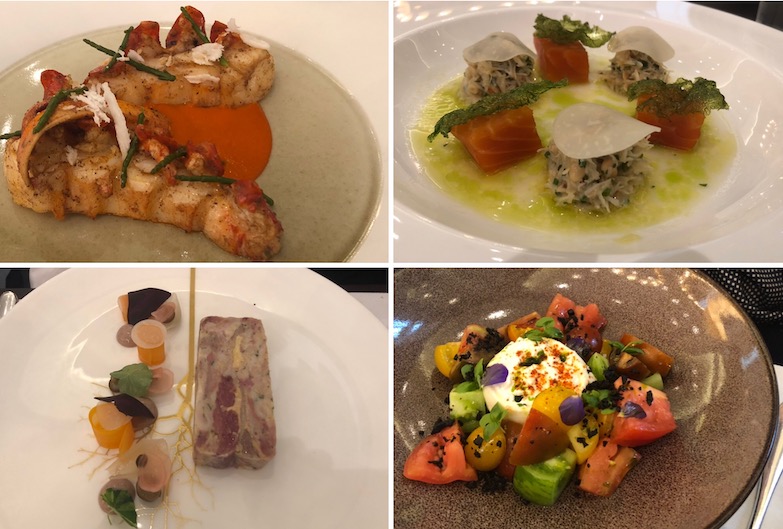
[Above: Selection of a la carte dishes from Northall Restaurant, Corinthia London]
There is also a Head Chef for Conference and Banqueting and an Executive Pastry Chef, so the overall management team is experienced and strong and supports the luxury hotel operation perfectly. So while there’s a great base that meets the shared objectives of the hotel strategic team regarding food and beverage, projects are continuously scheduled to drive forward and ever improve the offering to guests. Over time, some of André’s objectives are to have his attention to detail, signature and style palpable across the breadth and depth of the hotel F&B offering.
Over the next year, for example, along with building standards generally, André will be looking to develop the room service offering as well as work with a reconceptualised events side of the business, an area where The Corinthia London Hotel sees significant future opportunities. The team, menu and
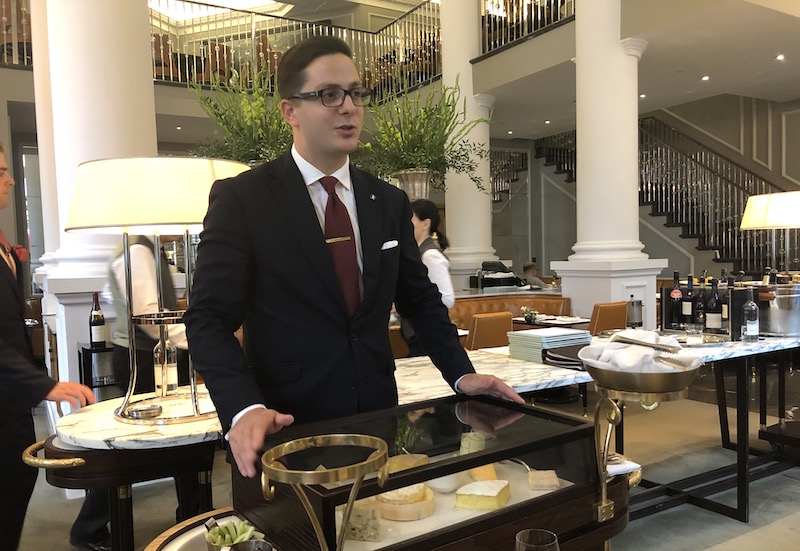
[
Overall, André Garrett finds himself in a strong leadership position at The Corinthia London Hotel – a large,




